Day in the life of
Veterinarian – Dr. Ginger Benham

My Typical Day
I typically arrive around 7:30 AM to prepare for my day’s appointments. I see appointments or do surgeries throughout the day until about 6 PM and typically leave between 6:15-7:15 PM after finishing up for the day. I generally see about 2 appointments per hour but may have to squeeze in a few extra appointments for urgent issues that may need to be seen right away and can’t wait for a regular appointment.
When I am seeing appointments, these range from wellness visits for new puppies/kittens, routine exams to sick patients with ear infections, skin problems, vomiting, fevers, or just generally not feeling well. Since we cannot ask our patients questions like “where does it hurt?” or “how long has this been going on?”, we have to rely on observant owners, a really thorough physical exam, and diagnostic tests such as blood work and x-rays to help give us the whole picture of what is going on with a patient.
On days when I am in surgery, we try to plan our surgical schedule based on the individual patients, what type of surgery they need, and how long we expect the procedure to take. Each patient is given a cocktail of medications to help relax them and to help eliminate pain associated with the procedure. When we are ready to start the surgery, we give them medication so that they fall asleep. We will intubate them (put a tube in the trachea to help them breathe, deliver inhaled anesthetic, and protect the airway). Most surgical patients come in the morning of the procedure and go home that same afternoon.
Pros
There are a lot of pros to this job. I get to work with animals all day long. I get to help those animals stay well or help them feel better. I am able to connect with people over some of the favorite aspects of their lives (their furry family members). I get to work on challenging cases that test my training and creative thinking skills. And I get to learn constantly as medicine becomes more advanced.
Cons
There are also a few drawbacks to being a vet. Most pets in this country do not have insurance, so owners have to pay for tests and treatments themselves. This means that we are often limited in the diagnostics and treatments we can do. This limitation can be very frustrating for owners who just want their pets to feel better (and is also frustrating for the vet who is trying to get answers for that pet). Dealing with that frustration in pet owners can be a challenge; sometimes it feels like we have to be a therapist for the human at the same time we are being a doctor for their pet.
Additionally, becoming a veterinarian is also very expensive. The average vet student today graduates with over $200,000 in student loans. However, the average starting salary is not very high. This means that many veterinarians have a significant loan burden that can make it more difficult to buy a house or start a family.
Advice to aspiring Veterinarians
Being a vet is a very rewarding career, but it is not a good choice for everyone. One thing that I hear a lot from people thinking about going into veterinary medicine is “I want to be a vet because I like animals, but I don’t like people.” Being a vet is ALL about people. Until our patients can find a way to drive themselves to the clinic, tell us what is wrong, and pay for their own care, people will always be involved in veterinary care. If you don’t like working with people, this is not the right career for you.
Being a vet has become very expensive over the last 15-20 years. The rising cost of tuition around the country has made this degree a very expensive one. This debt can be manageable, but you should understand the costs of getting your veterinary degree and have an idea of how you will manage this debt before you commit.
Veterinary medicine is a challenging career. There is a lot of math and science involved. If you enjoy those subjects, you will have a much easier time in vet school and as a veterinarian. If you struggle with those subjects, you may be better served looking into alternative options.
It is hard work becoming a veterinarian (and also hard work as a veterinarian). If you are looking for an easy 9-5 job where you spend a lot of your time browsing the internet or watching Netflix in the background, this is not the job for you.
Many of us veterinarians feel that we were called to this career. If you are passionate about wanting to help pets (and their people), it is really worth all of the effort!
Veterinarians
diagnose, treat, or research diseases and injuries of animals. Includes veterinarians who conduct research and development, inspect livestock, or care for pets and companion animals.

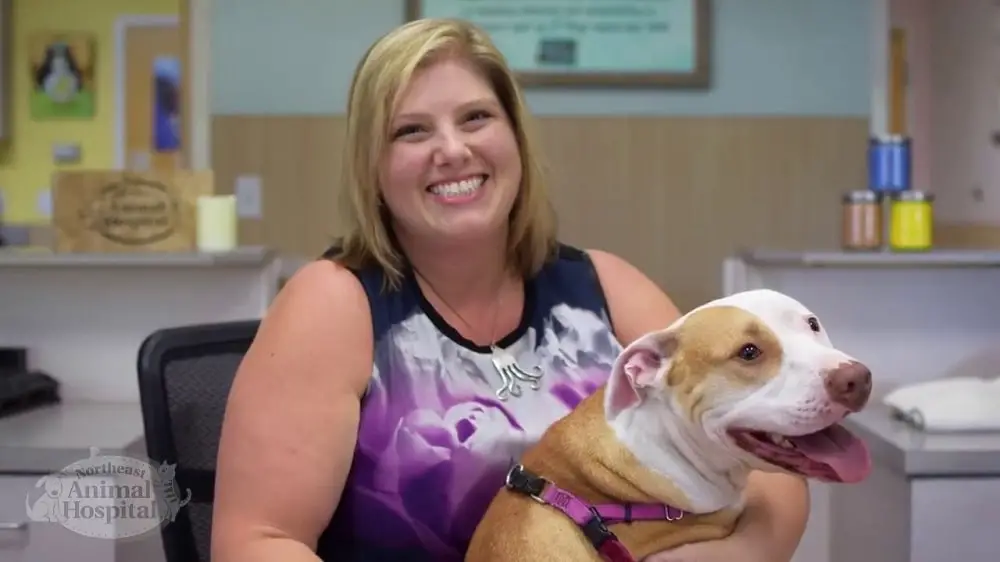
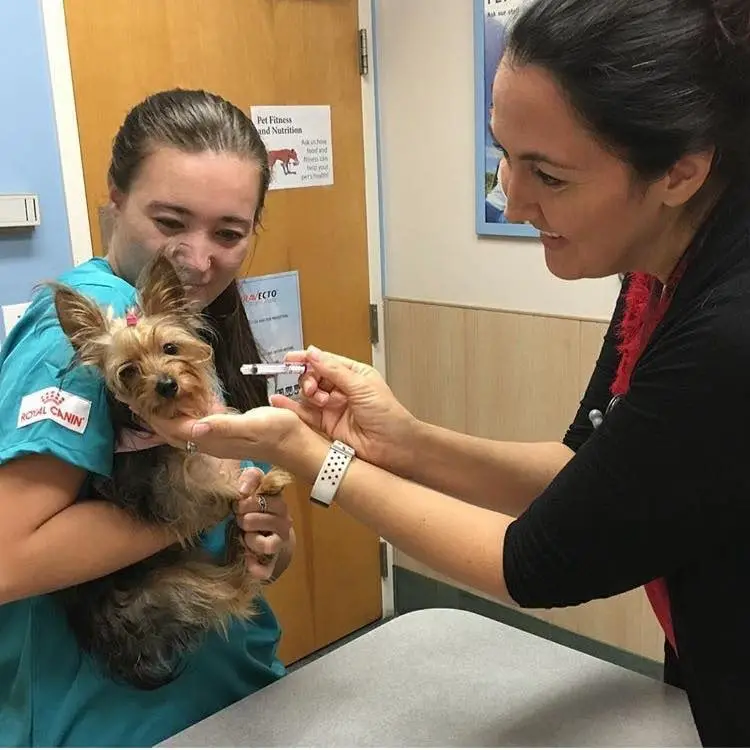
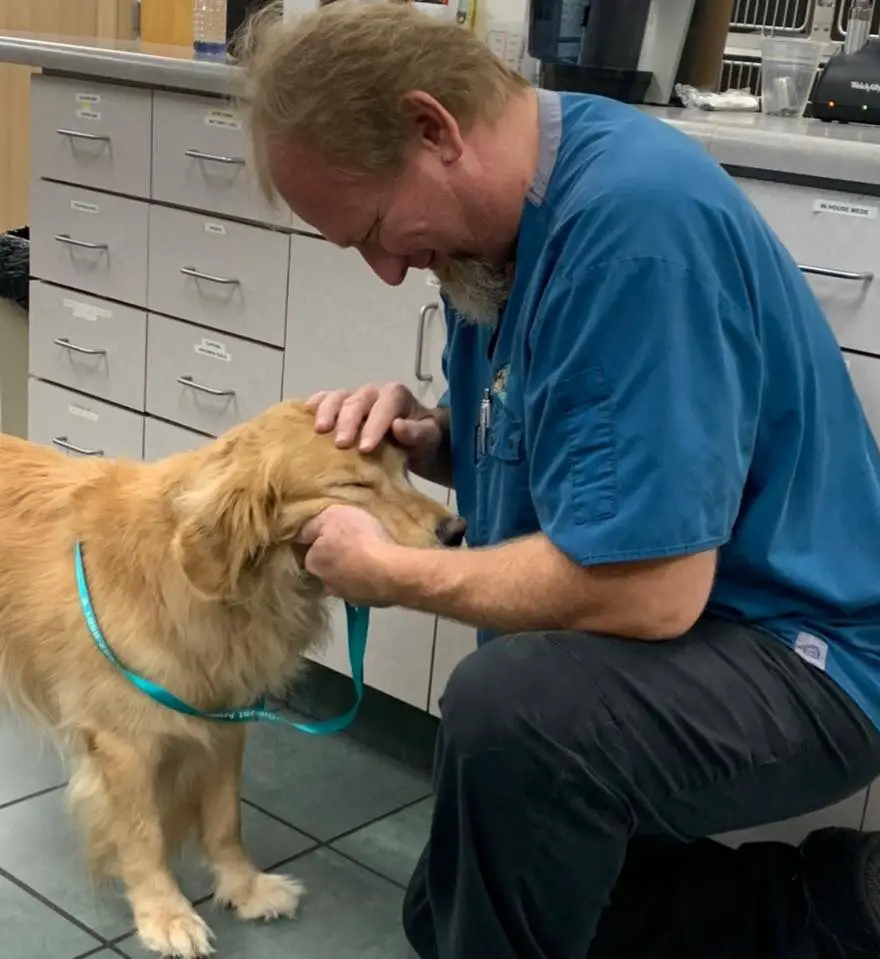
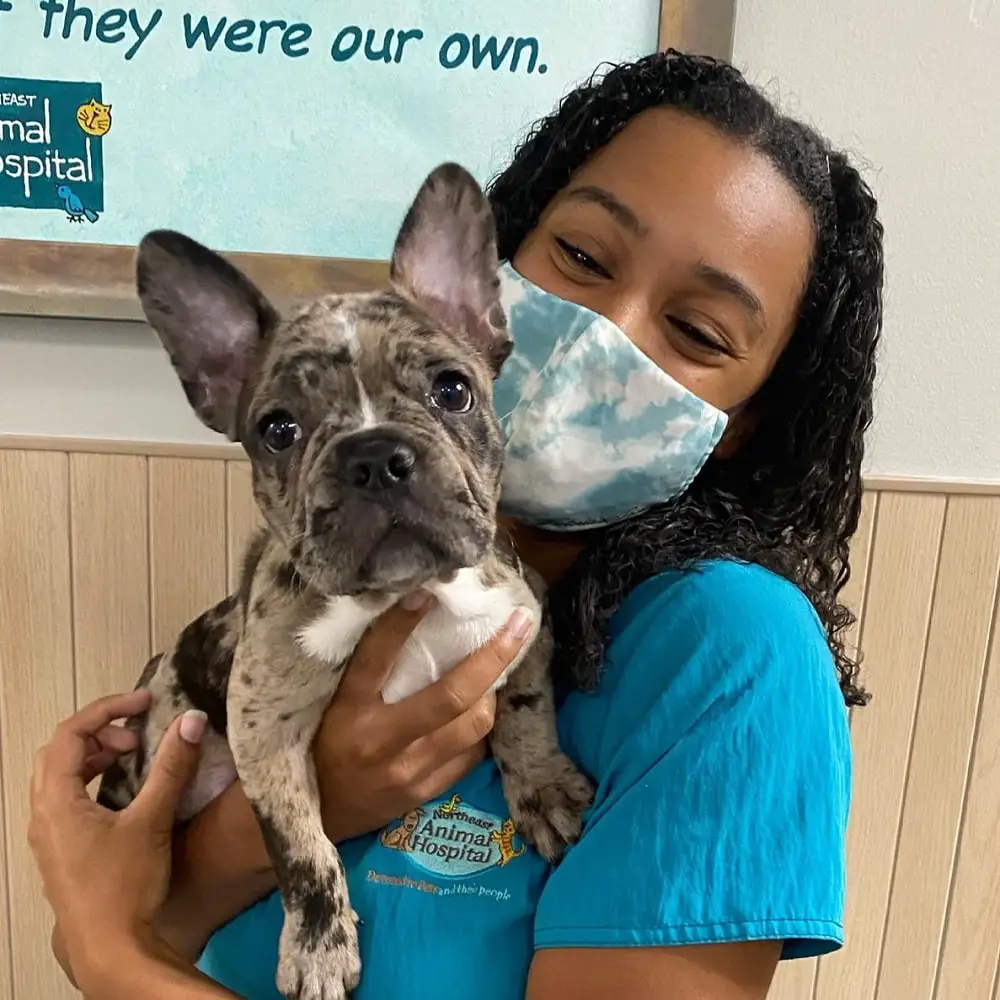

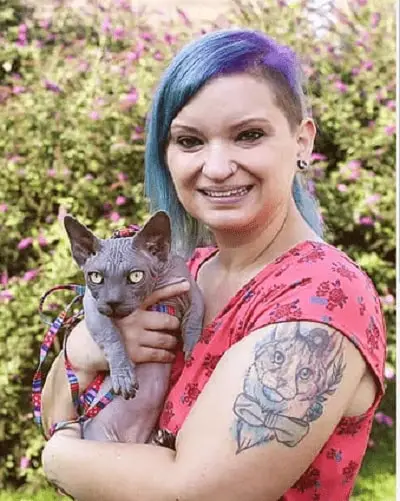
.jpg)